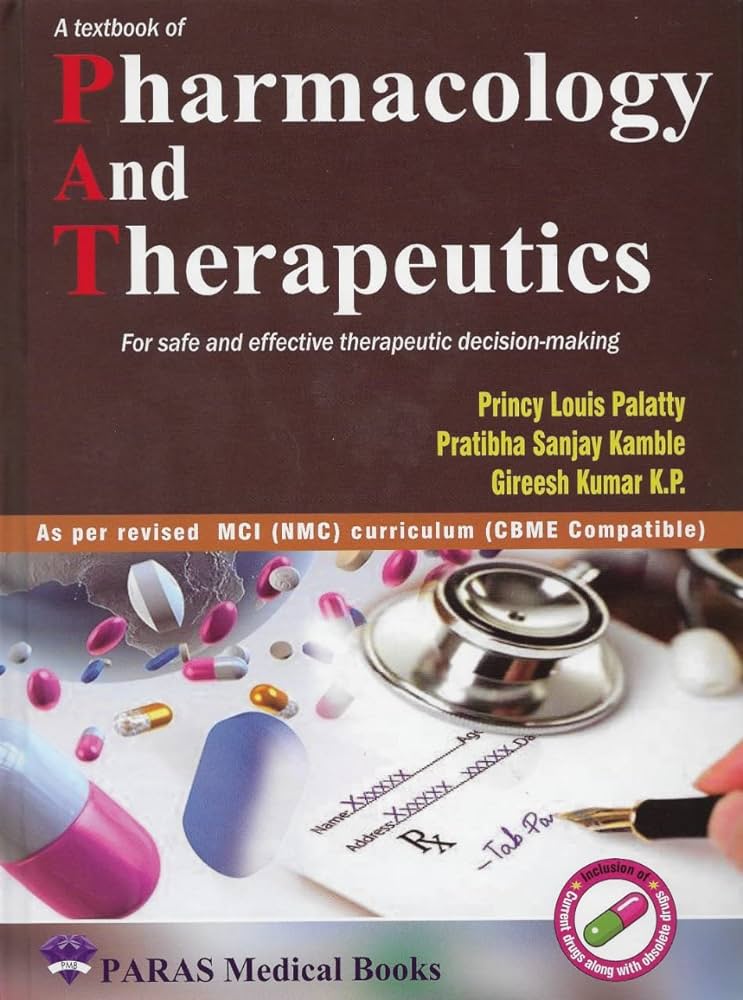G蛋白偶联雌激素受体偏倚信号在健康和疾病中的作用。
IF 12.5
1区 医学
Q1 PHARMACOLOGY & PHARMACY
引用次数: 0
摘要
G蛋白偶联雌激素受体(GPER)在细胞信号传导中起着关键作用,影响多种生理过程和疾病状态。与经典雌激素受体不同,GPER表现出偏置信号,其中配体结合触发选择性途径,显著影响细胞反应。这篇综述探讨了GPER介导的偏倚信号的细微机制,强调了其在心血管健康、神经功能、免疫调节和致癌过程中的相关性。尽管其具有重要意义,但与传统的信号范式相比,通过GPER进行的偏置信号仍未得到充分探索。我们探讨了了解GPER信号特异性及其在各种疾病中的潜在治疗意义的最新进展。未来的研究方向旨在揭示偏倚信号的分子基础,开发选择性配体,并将这些见解转化为个性化的治疗方法。利用GPER偏倚信号的治疗潜力代表了精准医学的一个有前途的前沿,为解决未满足的医疗需求提供了创新的策略。本文章由计算机程序翻译,如有差异,请以英文原文为准。
G protein-coupled estrogen receptor biased signaling in health and disease
G protein-coupled estrogen receptor (GPER) is now recognized for its pivotal role in cellular signaling, influencing diverse physiological processes and disease states. Unlike classical estrogen receptors, GPER exhibits biased signaling, wherein ligand binding triggers selective pathways over others, significantly impacting cellular responses. This review explores the nuanced mechanisms of biased signaling mediated by GPER, underscoring its relevance in cardiovascular health, neurological function, immune modulation, and oncogenic processes. Despite its critical implications, biased signaling through GPER remains underexplored compared to traditional signaling paradigms. We explore recent progress in understanding GPER signaling specificity and its potential therapeutic implications across various diseases. Future research directions aim to uncover the molecular basis of biased signaling, develop selective ligands, and translate these insights into personalized therapeutic approaches. Exploiting the therapeutic potential of GPER biased signaling represents a promising frontier in precision medicine, offering innovative strategies to address unmet medical needs.
求助全文
通过发布文献求助,成功后即可免费获取论文全文。
去求助
来源期刊
CiteScore
23.00
自引率
0.70%
发文量
222
审稿时长
90 days
期刊介绍:
Pharmacology & Therapeutics, in its 20th year, delivers lucid, critical, and authoritative reviews on current pharmacological topics.Articles, commissioned by the editor, follow specific author instructions.This journal maintains its scientific excellence and ranks among the top 10 most cited journals in pharmacology.

 求助内容:
求助内容: 应助结果提醒方式:
应助结果提醒方式:


